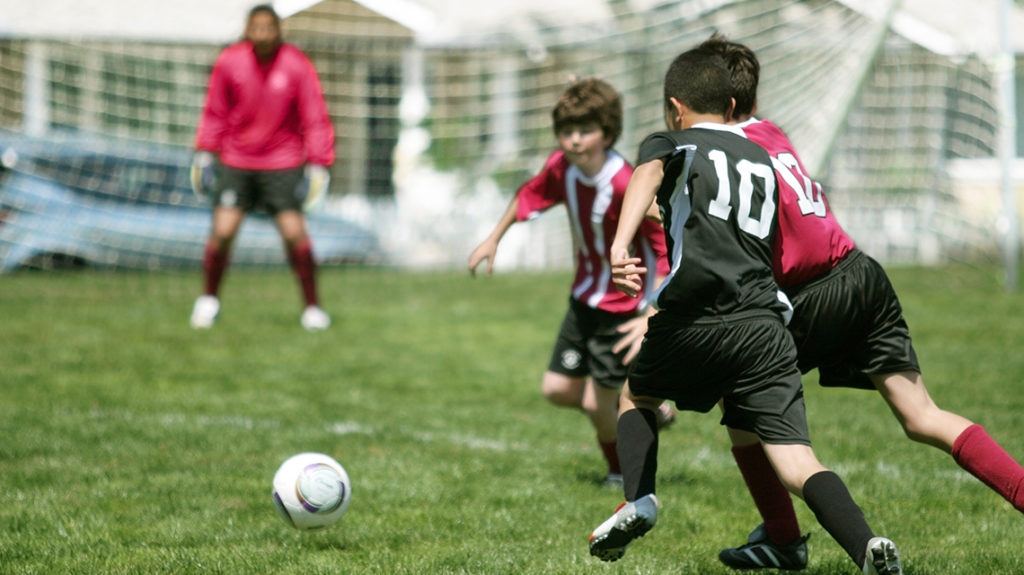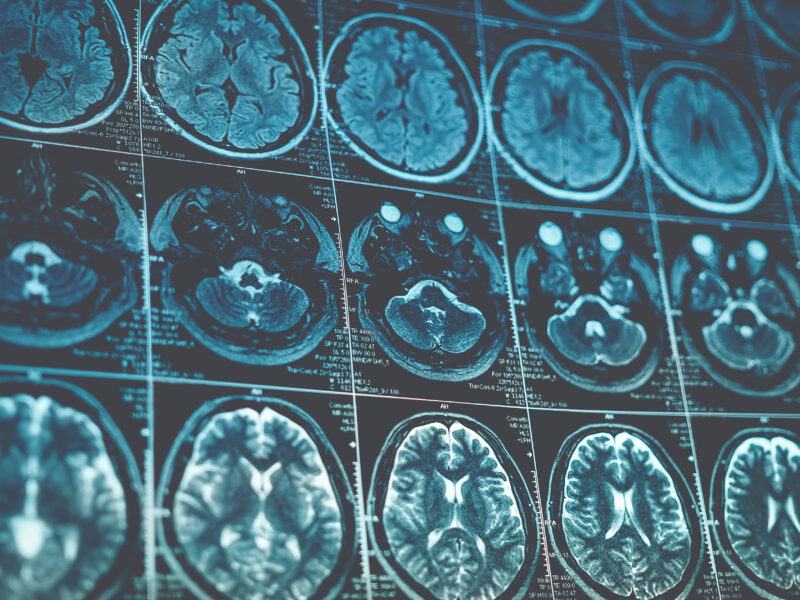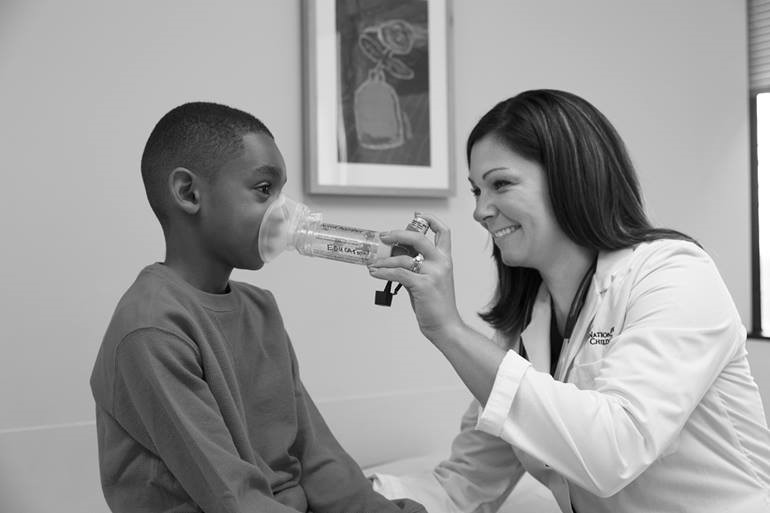Adolescents With Concussion May Benefit from More Cognitive Activity as Early as the First Week After Injury
Adolescents With Concussion May Benefit from More Cognitive Activity as Early as the First Week After Injury https://pediatricsnationwide.org/wp-content/uploads/2021/03/AdobeStock_646489_header-1024x575.jpg 1024 575 Laura Dattner Laura Dattner https://pediatricsnationwide.org/wp-content/uploads/2023/03/LauraDattner-web-002.jpg- March 04, 2024
- Laura Dattner

A new study shows limiting screen time and returning to school early following a concussion may hasten recovery timelines. In a study published in British Journal of Sports Medicine, researchers with the Center for Injury Research and Policy, Division of Sports Medicine, Center for Biobehavioral Health, and Division of Emergency Medicine at Nationwide Children’s Hospital evaluated the intensity and duration of daily cognitive activity reported by adolescents (age 11-17 years) following concussion and examined the associations between these daily cognitive activities and post-concussion symptom duration. Participants reported increases in low-intensity cognitive activities and total minutes of overall cognitive activities as their symptoms resolved.
“Our study found that, while both moderate- and high-intensity cognitive activities remained relatively low post-concussion, increased time spent in moderate- or high-intensity cognitive activities was associated with faster symptom resolution, especially for participants with lower post-acute symptom scores,” says lead author Jingzhen Ginger Yang, PhD, MPH, a principal investigator at the Center for Injury Research and Policy of the Abigail Wexner Research Institute at Nationwide Children’s. “However, when these cognitive activities involved significant screen time – like surfing the internet or playing video/computer games – during the first week post-injury, slower symptom resolution was observed independent of cognitive activity intensity.”
“Children should be encouraged to engage in cognitive activity after concussion but keep in mind that for some patients, prolonged screen time in non-school activities such as gaming or internet surfing can affect recovery – if it is worsening their symptoms,” says co-author Thomas Pommering, DO, division chief and director of Concussion Clinics of Nationwide Children’s Division of Sports Medicine. “We recommend concussion patients pick their screen activity wisely, focusing on school demands first.”
“Having a better understanding of the appropriate ‘dosing’ and timing of introducing cognitive activity is critically needed for our patients,” explains co-author James MacDonald, MD, MPH, a physician for Nationwide Children’s Division of Sports Medicine. “Increased engagement in the classroom during the first-week post-concussion, especially for youth with lower post-concussion symptom scores, was associated with faster symptom resolution.” The study found that every additional 10 standardized minutes per hour spent on moderate- or high-intensity cognitive activities was associated with the recovery rate increasing by 22%.
The average time until returning to half- or full-day school was 4.5 days. Each day delay in returning to school post-concussion for either half or full days was associated with an 8% lower rate of symptom resolution. Additionally, every ten standardized minutes increase per hour in participating in club activities was associated with 75% greater rate of symptom resolution.
The relationship between level of cognitive activity and symptom resolution may be bidirectional, with improving post-concussion symptoms prompting higher levels of cognitive activity and vice versa. Thus, controlling for current symptom levels when assessing associations between cognitive activity and symptom resolution, as this study did, is crucial.
This study has several important clinical implications.
Previous clinical guidelines for youth with concussion have recommended complete physical and cognitive rest until symptom resolution to avoid re-injury and reduce the demands on injured tissue. However, recent clinical and experimental data have demonstrated that prolonged physical rest does little to improve functional outcomes, and the resulting isolation and withdrawal can have unintended physical, social, and educational consequences. Research on pediatric concussion based on structured and controlled interventions has suggested an earlier introduction of physical activity promotes recovery. Now, evidence supports an increase in cognitive activity as well.
Adolescents with concussion, especially those with relatively less severe post-acute symptoms, may benefit from moderate- to high-intensity cognitive activity as early as the first week post-injury. Further, limiting (but not prohibiting) moderate-intensity activities involving significant screen time (e.g., surfing the internet or video/computer gaming) during the first-week post-injury may help speed recovery. Finally, an early introduction of returning to school following concussion is an important consideration that may hasten timelines for recovery.
Reference: Yang J, Alshaikh E, Asa N, et al. Exploring the association between cognitive activity and symptom resolution following concussion in adolescents aged 11-17 years. Br J Sports Med. Published online February 11, 2024. doi:10.1136/bjsports-2023-107601
Image Credit: Adobe Stock
About the author
Laura Dattner, MA, is a research writer in the Center for Injury Research and Policy of the Abigail Wexner Research Institute at Nationwide Children’s Hospital. With both a health communications and public health background, she works to translate pediatric injury research into meaningful, accurate messages which motivate readers to make positive behavior changes.
-
Laura Dattnerhttps://pediatricsnationwide.org/author/laura-dattner/
-
Laura Dattnerhttps://pediatricsnationwide.org/author/laura-dattner/April 4, 2019
-
Laura Dattnerhttps://pediatricsnationwide.org/author/laura-dattner/
-
Laura Dattnerhttps://pediatricsnationwide.org/author/laura-dattner/
- Posted In:
- Clinical Updates
- In Brief
- Research









